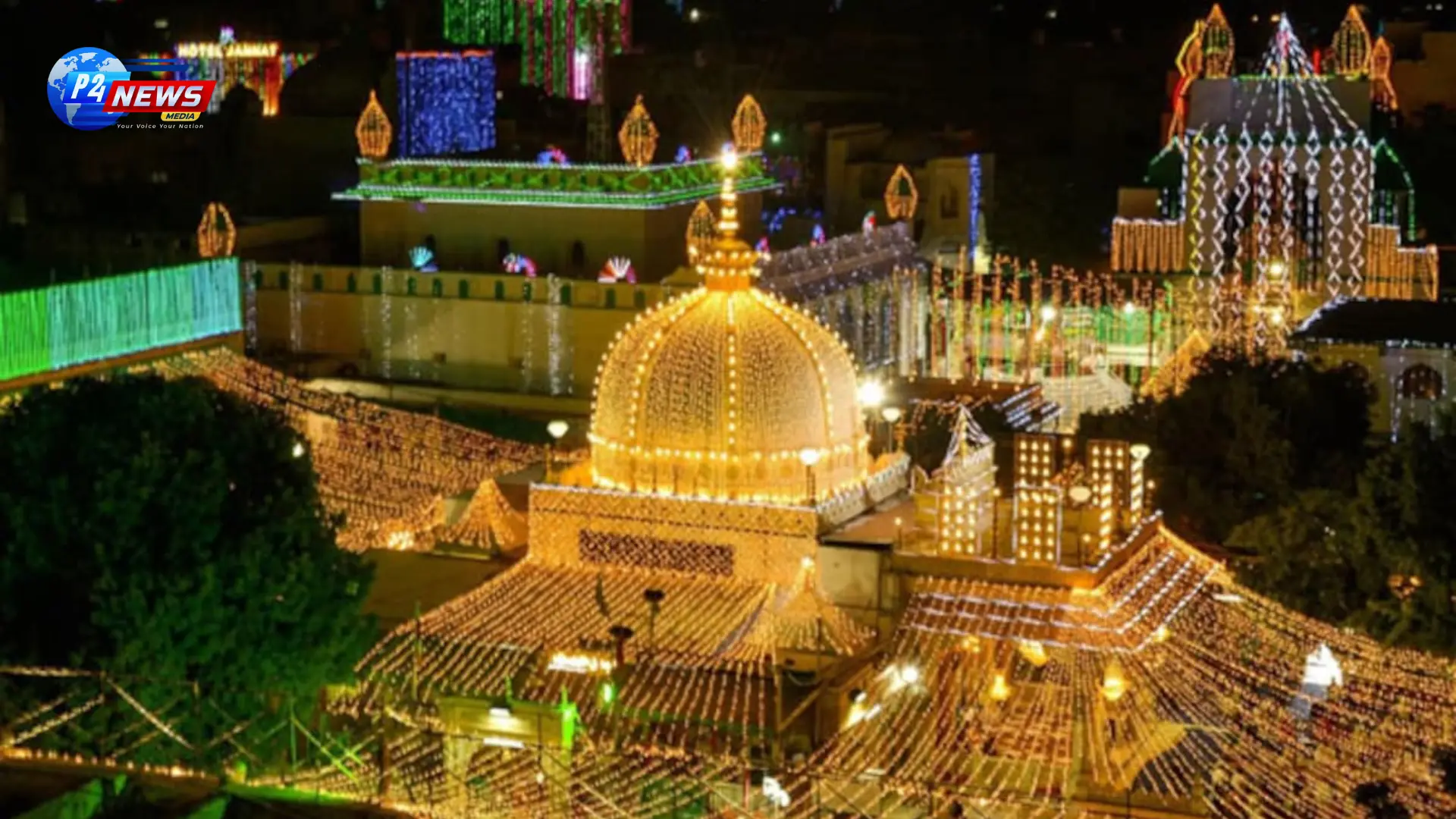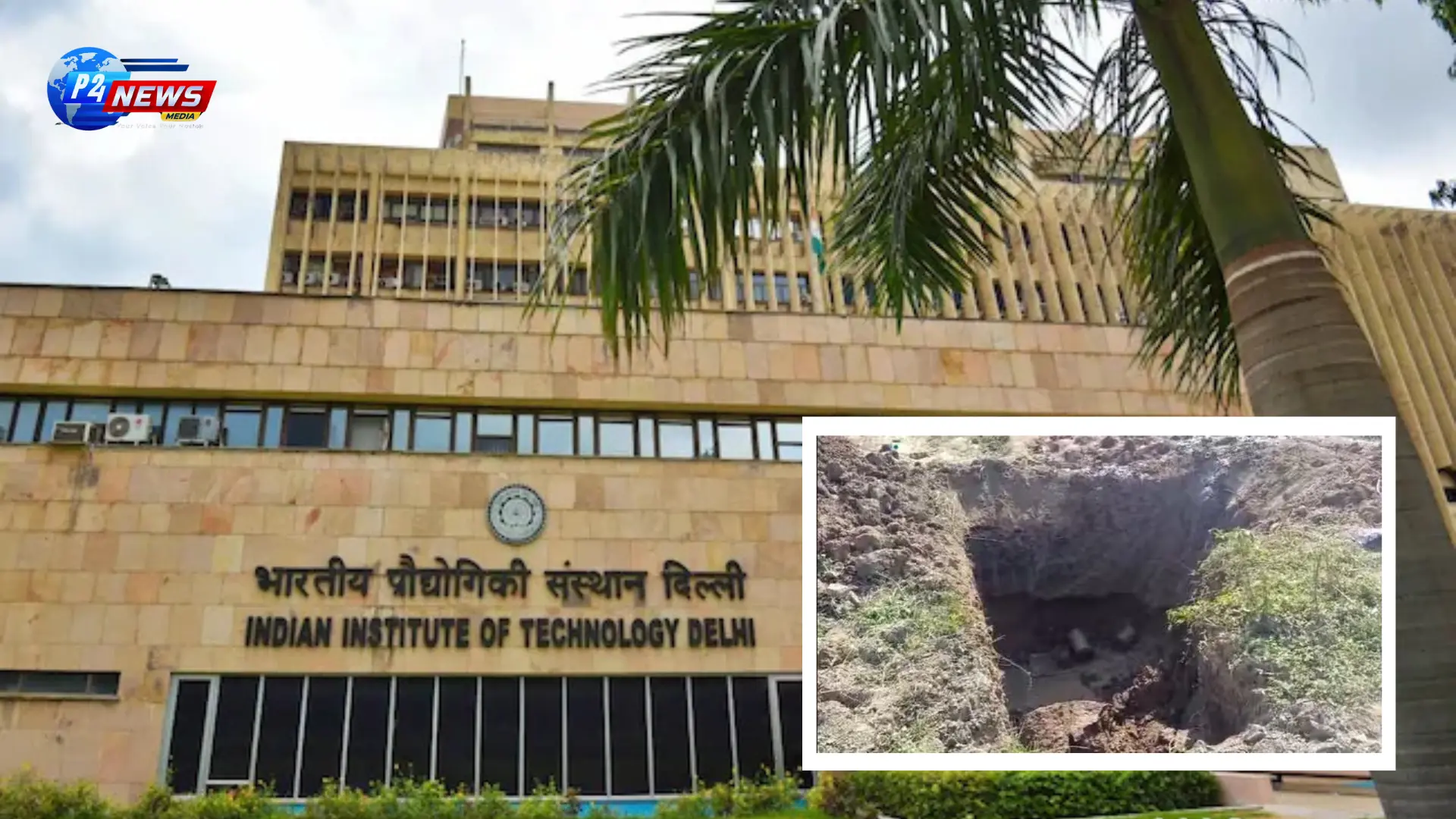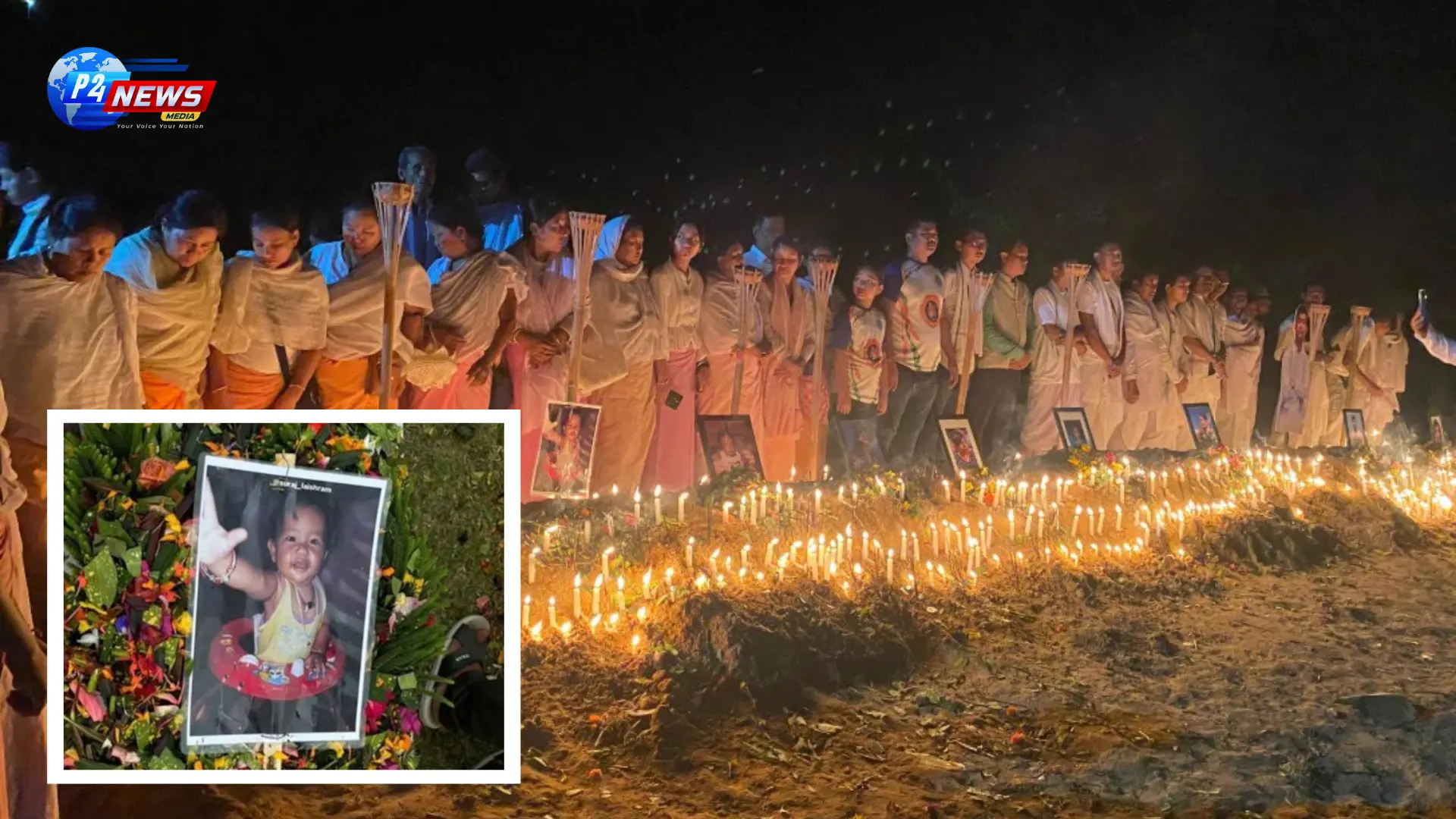A recent petition filed in Ajmer has garnered attention, claiming that a Shiva temple exists under the renowned Dargah of Sufi saint Moinuddin Chishti. The court has responded by issuing notices to relevant authorities, stirring discussions on religious rights and historical claims.
A court in Rajasthan's Ajmer has taken significant steps in response to a petition alleging that a Shiva temple is located beneath the revered Dargah of Sufi saint Moinuddin Chishti. The civil judge, Manmohan Chandel, has issued notices to the Archaeological Survey of India (ASI) and the Ministry of Minority Affairs, seeking their perspectives on this matter. This petition, submitted in September, seeks restoration of worship rights at this controversial site.
The case has been initiated by Vishnu Gupta, the leader of the right-wing organization Hindu Sena. Gupta has expressed a strong desire for the Ajmer Dargah to be officially recognized as the Sankat Mochan Mahadev Temple. He claims that if there is any form of registration for the dargah, it ought to be revoked. Furthermore, he insists that ASI should conduct a survey to verify the temple’s existence and argues for the Hindu community to be granted the right to worship there.
This petition follows a trend seen across India regarding claims to significant religious sites, reminiscent of ongoing disputes in Varanasi and Mathura, where similar petitions for temple recognition have emerged, fueling ongoing tensions. The court's decision to issue notices comes after violent clashes in Sambhal, Uttar Pradesh, which resulted in loss of life and injuries due to a contentious survey of a mosque purportedly built on the remnants of a demolished temple.
According to Gupta, the claims are substantiated by historical documents, including a publication by retired judge Harvilas Sharda, which asserts that Hindu carvings and iconography can be spotted in the vicinity of the Ajmer Dargah, particularly around the Buland Darwaza. The book titled "Ajmer: Historical and Descriptive," published in 1911, suggests that materials from an ancient Shiva temple were utilized in the construction of the dargah.
Despite these claims, the Dargah Committee has categorically denied any such assertions. Syed Sarwar Chishti, Secretary of Anjuman Syed Jadgan, emphasized the dargah's role in promoting social cohesion and diversity. According to him, the dargah attracts millions of followers from various regions, including Afghanistan and Indonesia, and stands as a symbol of pluralism.
Chishti articulated concerns regarding attempts to disrupt communal harmony, labeling them as detrimental to national unity. As the court has requested responses from several parties involved, the forthcoming hearing scheduled for December 20 will be pivotal in determining the future course of this case.
This ongoing legal battle underscores the sensitive nature of religious sites in India and the complexities involved in navigating historical claims alongside modern-day religious sentiments. As the situation evolves, it remains imperative for all concerned parties to approach the matter with respect and an eye towards maintaining peace and unity among diverse communities.
'
















Comments 0